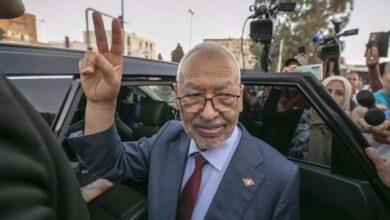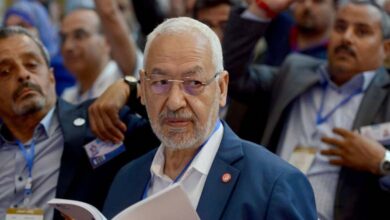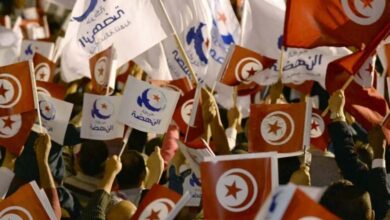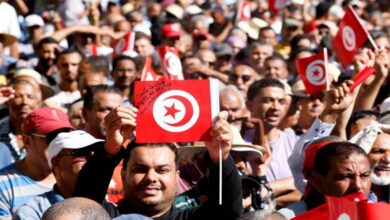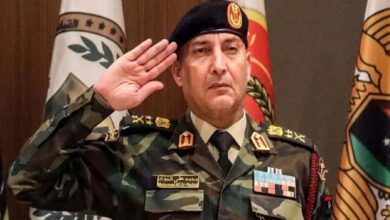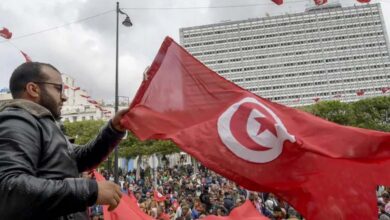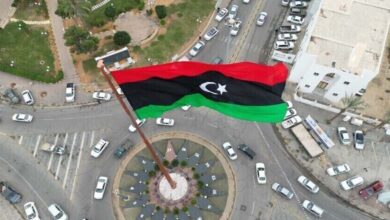Libya’s Muslim Brotherhood efforts to sow chaos after appointing a new UN envoy
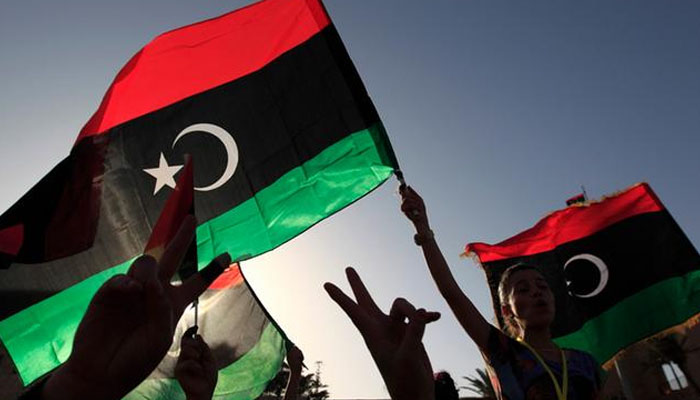
The Brotherhood is still trying to plan for chaos in Libya in order to prolong the Libyan crisis and continue to dominate the political scene there.
Libya is considered the last stronghold of the Brotherhood organization, where militias and armed factions are owned and terrorists are sheltered, in addition to the Brotherhood’s control over the Central Bank of Libya, oil fields and Libya’s wealth being looted at the expense of the Libyan people; This will help the Brotherhood, in coordination with the International Organization of the Muslim Brotherhood, to continue clinging to this last stronghold.
The UN announced in a statement issued by UN Secretary-General António Guterres the appointment of Senegalese Abdoulaye Batelli as his special representative for Libya and head of the UN Support Mission there, where he will succeed Jan Kubiš of the Slovak Republic.
In late August, bloody clashes erupted in the Libyan capital Tripoli between militias affiliated with the National Unity Government, Abdul Hamid Dbeibeh, and factions affiliated with Fathi Bashagha, resulting in 32 deaths and 159 injuries, according to the Libyan Ministry of Health.
Several Arab and international parties, including the United Nations, Egypt and the United Arab Emirates, called on the Libyan parties to stop the clashes and resort to a political solution to get out of the crisis of the power struggle that broke out in the country since the formation of the government of Fathi Bashagha. Abdul Hamid Dbeibeh refused to hand over power to the new government in light of the escalation of accusations of treason and the media war between the two parties.
Informed sources revealed that the Muslim Brotherhood in Libya will task its militias and arms in Tripoli to return the scenes of fighting in the coming hours, in anticipation of the work of Senegalese Abdoulaye Batelli, the United Nations special representative in Libya.
The sources explained that the plan aims to disrupt the functions of the new UN special representative in Libya, undermine any political solutions to the Libyan crisis, and implement the Brotherhood’s plan to spread chaos in Libya.
On Twitter, Libyan Prime Minister Abdul Hamid Dbeibeh said that his government would push for a comprehensive political solution that would expedite the issuance of a consensual constitutional basis for the elections, despite the Dbeibeh government’s earlier objection to his appointment under the guise that he does not have enough competence.
In so doing, the Brotherhood will stand in the way of any U.N. attempts to resolve the political crisis that has raged in the country since the last decade, leading to an increase in the Brotherhood’s influence in the oil-rich country. Questions about the Brotherhood’s destructive roles in Libya have increased.


